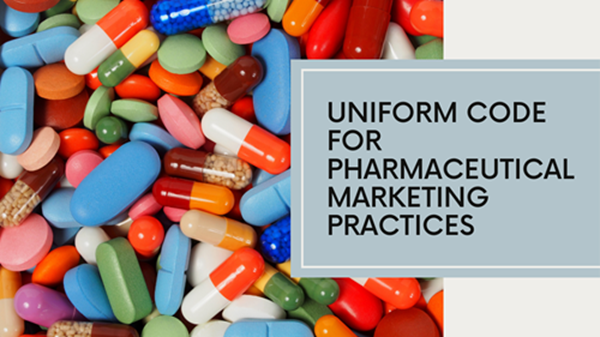Dear Reader, We are happy to share the most interesting legal and policy updates concerning health industry that we read today. We hope you enjoy reading it.
Good Distribution Practices may be implemented in India for pharmaceutical products soon
India’s Drugs Consultative Committee (DCC) has recommended that draft of revised Good Distribution Practices (GDP) guidelines for pharmaceutical products should be made mandatory soon. The DCC is of the view that there is a gap in the law which requires owners of premises such as warehouses to ensure appropriate storage condition for drugs, but no such requirement exists for transporters who transport the drugs, and this affects the quality of drugs.
Source: bit.ly/49cMPCk
TB vaccine clinical trials begins in India
A Hyderabad based biotechnology company has started Phase 3 clinical trials of tuberculosis (TB) vaccine called MTBVAC among the adults in India. The vaccine is the first live attenuated vaccine of Mycobacterium tuberculosis isolated from human strain, unlike the BCG vaccine.
Source: bit.ly/495Zuak
Medical and Sales Representatives’ body says new Pharma Marketing Code lacks teeth
The Federation of Medical and Sales Representatives’ Associations of India (FMRAI) has criticized the newly notified Uniform Code for Pharmaceuticals Marketing Practices (UCPMP), describing it as a futile effort. It stated that the new code lacks statutory enforcement and contains no explicit penal provisions against unethical marketing by pharmaceutical and medical device companies.
Source: bit.ly/495ZAic
Fire safety in hospitals should be evaluated by Government before Summer Season: Disaster Management Body
India’s Union Health Ministry and National Disaster Management Authority (NDMA) have jointly issued an advisory to all States and Union Territories (UT’s) to take proactive measures to check fire safety compliance of all hospitals before the incoming summer season.
Source: bit.ly/4akq9Bg
No change in surrender value norms for life insurance policies: Insurance Regulator
The Insurance Regulatory and Development Authority of India (IRDAI) has decided to retain the current surrender value requirements for life insurance policies due to concerns over higher surrender value expressed by the industry. Surrender value in life insurance is an amount paid by the insurer to the policyholder when the policy is terminated prior to the policy’s maturity date.
Source: bit.ly/43zOkcL




